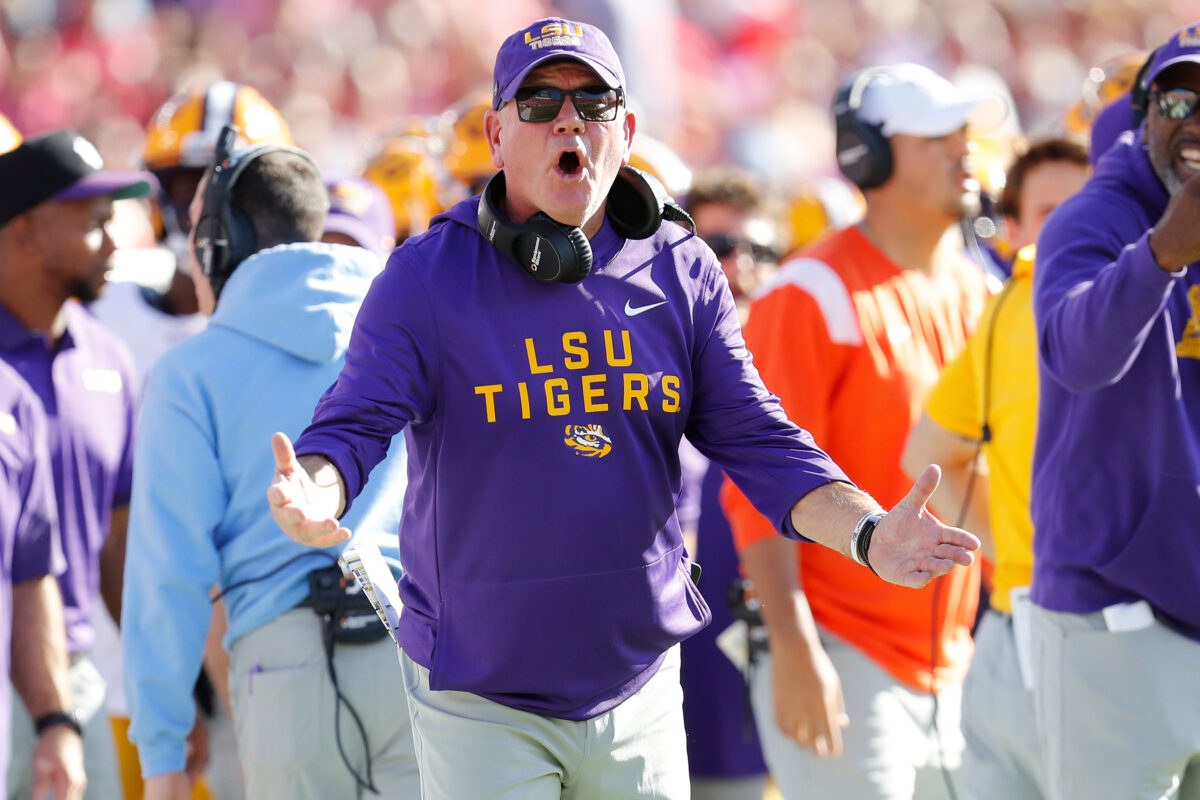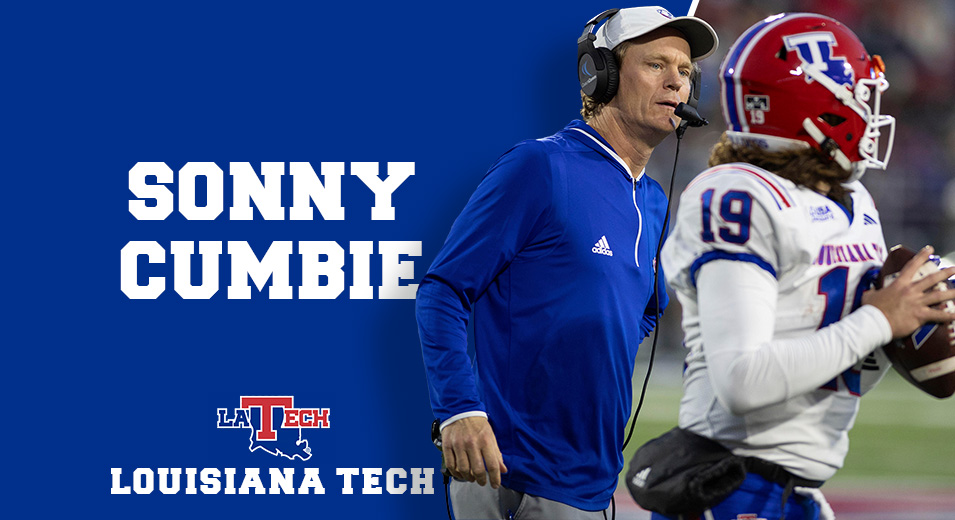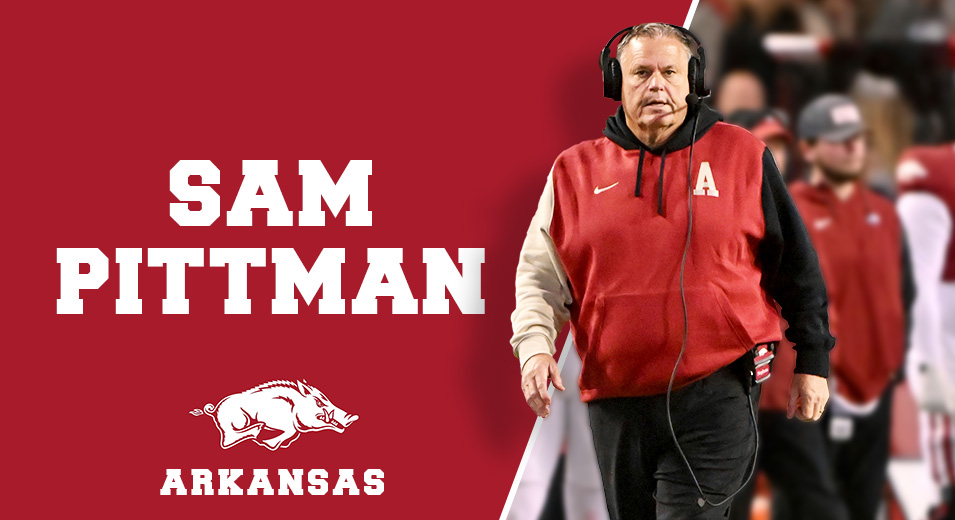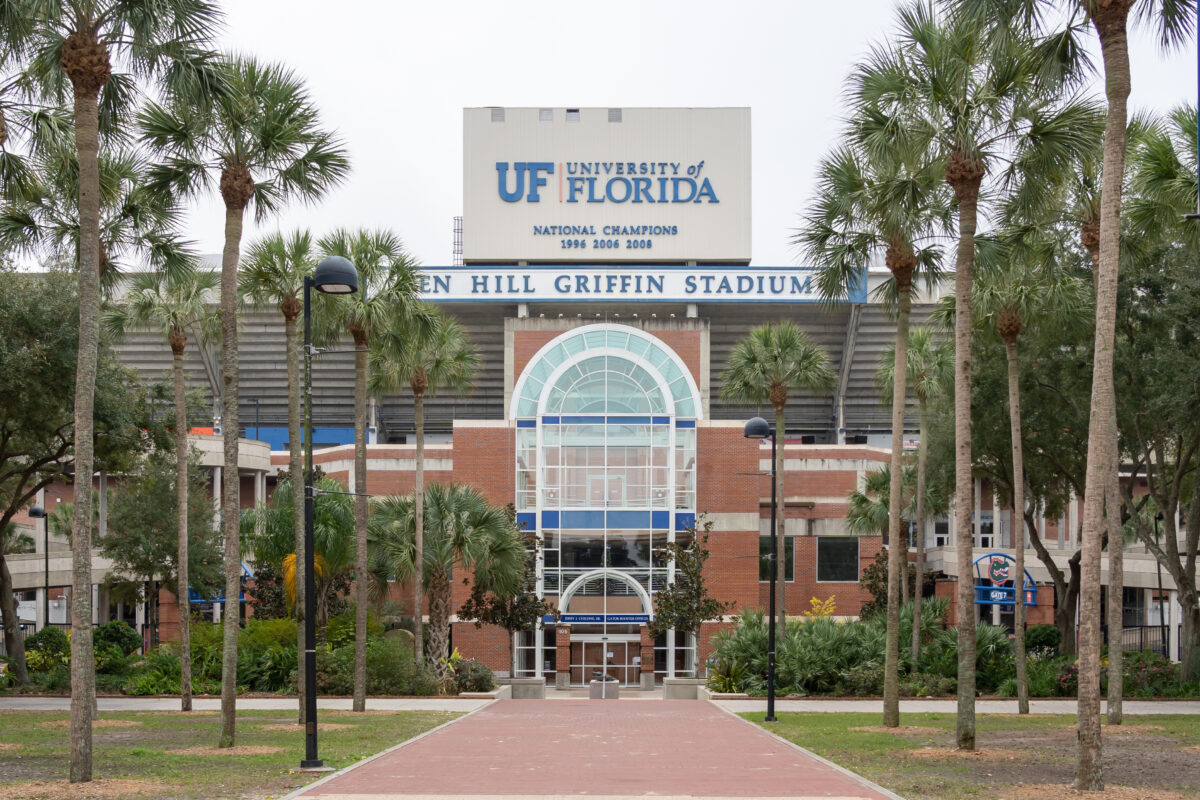It’s college football’s week 11 – that special time of year when athletic directors start pricing golden parachutes. At Arkansas, Sam Pittman (#1) watches Jaxson Dart throw for 515 yards against his defense and wonders if those moving trucks outside his office are just passing through . In Birmingham, Trent Dilfer (#2) has mastered the art of making UAB worse than “freakin’ Alabama,” while Temple’s Stan Drayton (#3) costs more per loss than some entire Group of Five coaching staffs.
Our Hot Seat Rankings start with these 10:
1. Sam Pittman – Arkansas
In the statistical carnage that was Ole Miss’s 63-31 dismantling of Arkansas, two numbers stood out like neon signs above a desperate Vegas casino: 515 and 6. That’s how many yards and touchdowns Jaxson Dart threw without a single interception—a feat no SEC quarterback had ever managed. His favorite target, Jordan Watkins, turned eight catches into 254 yards and five touchdowns, the efficiency that makes defensive coordinators contemplate career changes.
Lane Kiffin, college football’s resident chaos merchant, couldn’t resist twisting the knife with a post-game quip about airport tarmacs—a particularly cruel jab given that Sam Pittman might soon be familiar with them himself. In the merciless accounting of college football, Pittman’s seat isn’t just hot; it is approaching nuclear fusion.
2. Trent Dilfer – UAB
On Saturday, UAB’s Kam Shanks and Jalen Kitna shattered school records in a 59-21 victory over Tulsa that felt less like a breakthrough and more like a beautiful funeral. The numbers were staggering: Shanks’s 311 all-purpose yards, Kitna’s 404 passing yards, and six touchdowns—the statistics that usually save coaching careers. But in Birmingham, where Trent Dilfer has managed to transform a conference champion into a 2-6 cautionary tale, even victory feels like defeat.
The real story isn’t in Saturday’s box score—it’s in Dilfer’s infamous “It’s not like this is freakin’ Alabama” quip, the kind of comment that makes boosters reach for their checkbooks and their phones simultaneously. In less than two years, he’s taken Bill Clark’s ascending program—six straight winning seasons, two conference titles—and performed the sort of dismantling usually reserved for failed hedge funds or terminated football programs, something Birmingham knows too well.
The irony? Dilfer’s still collecting his $1.3 million salary while his team plays like they’re working for minimum wage against real competition. In the economics of college football, that’s the kind of inefficiency that doesn’t survive long—even with Mark Ingram in charge.
3. Stan Drayton – Temple
In the economics of college football, Temple University has managed to create a case study in how not to allocate resources. They’re paying Stan Drayton—a career running backs coach—$2.5 million annually to perform heart surgery. At the same time, Florida Atlantic handed Tom Herman the same job for the price of a luxury sedan. It’s the kind of financial decision that would have kept the late Lew Katz up at night, pacing his private jet’s cabin, checkbook in hand.
The cruel mathematics of Temple’s predicament reveals itself in two numbers: 55-0, the score by which SMU dismantled the Owls on national television, and $7.5 million, the remaining cost of Drayton’s contract. In a different era, when Temple had its own version of a Wall Street activist investor in Katz, this market inefficiency would have been corrected by Monday morning. But his son Drew, now on the Board of Trustees, treats the family fortune like a conservative bond portfolio—safe, steady, and utterly useless for the kind of radical intervention Temple football requires.
The tragedy isn’t just in losing—everyone loves Drayton the Man. It’s watching a university bet its football future on a position coach while having no hedge against failure. In North Philadelphia, where campus security costs outweigh football aspirations, they’re learning that love doesn’t show up in the win column.
4. Billy Napier – Florida
For three hours and fifty-six minutes on Saturday, Billy Napier lived in an alternate universe where Florida football still mattered. His Gators, held together with duct tape and populated partly by what appeared to be a local moving crew (they’d shown up early, anticipating a blowout), had somehow matched the mighty Georgia Bulldogs punch for punch. The score sat at 20-20, and Napier could almost feel his seat temperature dropping from nuclear to merely scalding.
But Georgia, like a cat toying with an injured mouse, was merely setting up the punchline. Carson Beck had thrown three interceptions, seemingly playing to Florida’s level, until you realized it was all part of the script. In four brutal minutes, the Bulldogs engineered a 75-yard drive, snatched an interception, and scored again—transforming what could have been Napier’s career-saving upset into just another SEC cautionary tale.
The cruelest part? Those last four minutes proved that the previous 56 had been merely Georgia’s idea of performance art, a masterclass in giving false hope to the doomed.
5. Dave Aranda – Baylor
At Baylor, Dave Aranda’s job security has behaved like a volatile tech stock—swooning early, rebounding late, and keeping traders guessing. After opening 2-4 with wins against only Air Force and something called Tarleton State, Aranda’s position looked about as secure as a crypto wallet password. But in the fluid market of college football coaching, even the most bearish positions can reverse course.
Two consecutive wins against Texas Tech and Oklahoma State have performed the kind of market correction usually reserved for Federal Reserve announcements. The remaining schedule—TCU, West Virginia, Houston, and Kansas, none currently above .500—looks less like a gauntlet and more like a carefully curated path to bowl eligibility. “Six wins and he’s back,” whispered one industry insider, with the kind of certainty usually reserved for insider trading tips.
The irony? Aranda, the defensive genius who once commanded premium value in the coaching marketplace, finds his future tied to the most basic of metrics: win six games or clean out your office. In Waco, where faith and football intersect with ten-figure endowments, salvation comes from a .500 record.
6. Sonny Cumbie – Louisiana Tech
In Huntsville, Texas, on a Tuesday night that felt more like a Samuel Beckett play than a football game, Sonny Cumbie’s Louisiana Tech team managed to lose 9-3 while winning almost every statistical category that matters. They outgained Sam Houston 312-268, held a rushing attack that averaged 200 yards per game to just 105, and forced two turnovers. By any rational measure, they should have won. But college football, like tragedy, follows its peculiar logic.
The box score reads like a hedge fund’s risk assessment report gone wrong: four turnovers, two turnovers on downs, and three points to show for it all. Twice, the Bulldogs penetrated within the 5-yard line in the fourth quarter alone, finding new and creative ways to self-destruct each time. This kind of performance makes athletic directors update their coaching search firms’ contact information.
The cruel irony? Cumbie’s defense played well enough to win a conference championship game. Instead, they watched their offense turn the red zone into a haunted house, fumbling away what little hope remained of salvaging their season. At 3-5, with Jacksonville State looming, Cumbie finds himself selling the one commodity no one in college football wants to buy: moral victories.
7. Joe Moorhead – Akron
Joe Moorhead’s return to Akron had all the elements of a classic homecoming story—the prodigal coordinator returns, older and wiser, ready to transform his former program. It was the kind of narrative Hollywood makes movies about. Instead, it’s become a documentary about entropy: two straight 2-10 seasons, with 2023 following the same inexorable path toward dysfunction.
Saturday’s 41-30 loss to Buffalo reads like a physics problem where all the equations work backwards. The Zips outgained Buffalo 452-390, dominated through the air 378-210, and won the third-down battle 43% to 23%. Ben Finley threw for 378 yards and four touchdowns—numbers that in any rational universe translate to victory. But Akron, like a time traveler who can only arrive after the critical moments have passed, spotted Buffalo a 38-7 lead before remembering how to play football.
The cruel irony? Moorhead was supposed to be the sure thing—the experienced head coach, the familiar face, the proven winner. Instead, he’s become living proof that in college football, like quantum mechanics, observation changes the outcome. In Akron, where they’ve spent decades trying to solve the equation of relevance, they’re learning that even the smartest professors sometimes fail the final exam.
8. Mark Stoops – Kentucky
Mark Stoops has achieved something that should be impossible in the physical universe of college football: becoming Kentucky’s all-time winningest coach (73 victories) while simultaneously watching his support evaporate like bourbon at a tailgate. It’s the kind of contradiction that makes quantum physicists scratch their heads—how can someone be the most successful coach in school history and a source of fan rebellion?
The 2024 season opened like a Southern Gothic novel—high expectations, veteran talent, and a schedule that read like a list of ancient curses. By week two against South Carolina, the plot had turned dark: the offensive line collapsed like a condemned building, and fans who’d once praised Stoops’ program building started treating his flirtation with Texas A&M like a betrayal in a Faulkner story.
The cruel irony? In a state where basketball championships are measured like bourbon vintages, Stoops made football matter. He turned seven straight bowl games into an expectation rather than a miracle. As whispers suggest he might walk away, Kentucky faces a terrifying question: What if their greatest football coach ever was also their last chance at sustained relevance? In Lexington, where basketball season can’t start soon enough, they learn that success and satisfaction rarely arrive in the same bottle.
9. Hugh Freeze – Auburn
In the Gothic horror story that is Auburn football, Hugh Freeze has managed to accomplish something previously thought impossible: making Jordan-Hare Stadium about as intimidating as a petting zoo. The latest chapter? A 17-7 loss to Vanderbilt that read less like a football game and more like an exorcism gone wrong—except the demons won.
The numbers tell a story of decay that would make Edgar Allan Poe proud: 4-10 against SEC opponents since his arrival, an offense that treats the end zone like it’s radioactive, and a fan base discovering that their traditional autumn rituals of victory have been replaced by something far more sinister: mediocrity. They’re not just losing; they’re losing to Vanderbilt at home, the kind of plot twist that makes Stephen King seem unimaginative.
The cruel irony? After enduring what they called “the worst coach in SEC history, ” Auburn hired Freeze to be their savior.” Now, as Freeze watches his quarterback Payton Thorne perform weekly reenactments of college football’s greatest disasters while Jarquez Hunter stands idle on the sideline, they learn a painful lesson: sometimes the cure can feel worse than the disease. On the Plains, where “War Eagle” once struck fear into visitors, they discover that not all resurrection stories have happy endings.
10. Lincoln Riley – USC
Lincoln Riley’s USC experiment has begun to resemble a Silicon Valley startup in freefall—the kind where the CEO starts banning journalists, restricting information flow, and contemplating whether to return the deposit on the party clown. The numbers tell the story of this implosion: 5-11 in their last 16 games, a stark reversal from the 17-3 start that had USC boosters dreaming of their next Pete Carroll.
Saturday’s 26-21 loss to Washington felt less like a football game and more like a hedge fund’s last trading day. Miller Moss threw three interceptions, each one driving down USC’s stock price a little further. The remaining schedule—Nebraska, UCLA, Notre Dame—looms like a series of margin calls. A bowl game, once considered a foregone conclusion in the Riley era, now feels about as sure as a cryptocurrency recovery.
The tragedy isn’t just in the losing—it’s in watching Riley transform from offensive genius to besieged executive. We expect his next move to come straight from his Oklahoma playbook: painting the windows black in Heritage Hall and the McKay Center. In L.A., where style points count double, Riley’s program has become something worse than unsuccessful: It’s become uncool.
Check out our complete list here. Share your thoughts here.



